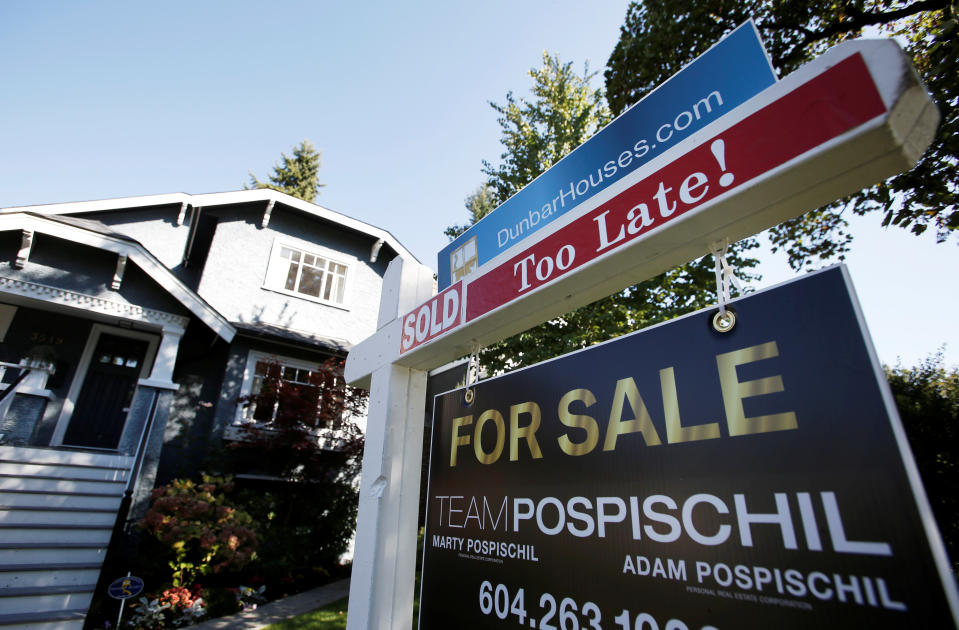Tougher mortgage rules extended to uninsured mortgages

New tougher mortgage rules proposed by the federal banking regulator may unnecessarily end up taking pot shots at the country’s housing industry and the overall economy, say mortgage and real estate professionals.
Uninsured mortgages or those with down payments of more than 20 per cent are now in the crosshairs of The Office of the Superintendent of Financial Institutions (OSFI). The regulator wants to see stress tests for those borrowers similar to what is already happening in the insured market.
But extending tougher mortgage rules to all borrowers could prove to be a heavy-handed measure only serving to flatten the housing market and buckle the economy.
“This would definitely be a more controversial policy change than those made in the past,” says Toronto mortgage broker David Larock. “It impacts the borrowers with large down payments who don’t need mortgage default insurance, and that’s a large swath of the market. It’s starting to seem like our regulators are going to keep making changes until they put our real estate markets on their backs.”
About four out of five Canadian mortgages are conventional, uninsured loans, according to BNN. When the proposed stress test is imposed, mortgage market expert Rob McLister estimates those borrowers’ purchasing power could be cut by as much as 18 per cent.
“As we’ve seen time and time again, onerous mortgage regulations aren’t necessarily a death knell for housing,” McLister told BNN. “But if housing does dive because of OSFI’s move, not only will policymakers and our real estate-dependent economy get burnt, but so will anyone who relies on home equity.”
According to the Financial Post, about 46 per cent of Canadian mortgages are uninsured with the big six banks holding 32 percentage points of that total. Credit unions have eight percentage points and six percentage points are held by small to medium-sized institutions, including mortgage investment corporations.
The proposal comes following a move by Ottawa last year to require that all insured mortgages undergo a stress test to establish if borrowers could make their payments in the event of such changes as a job loss or interest rate hike. The move is Ottawa’s response to the growing debt of Canadian households, the highest among G7 countries.
The Bank of Canada also raised interest rates recently, for the first time in nearly seven years.
The stress test is a type of means test that lets lenders determine if borrowers would qualify for a mortgage at the posted interest rate of 4.64 per cent, which is about two per cent higher than the rate offered by most lenders.
Critics of the move say extending tougher mortgage rules to all borrowers is a big risk to the housing market.
“It’s going to hurt,” says Kevin Liddiard, a St. Catharines, Ont.-based mortgage broker with Dominion Lending. “All this is doing is limiting and deterring and excluding domestic purchasers and opening it up for foreign investors. They’re trying to slow down the housing market but they’re doing so too abruptly and without any foresight.”
But not all professionals in the housing industry think tougher mortgage rules will usher in trying times.
“It may hurt the market, but you want a stable market,” says Pat Butcher, a realtor with Niagara-based Remax Garden City Realty. “The spring market was unsustainable. Since we all need a roof over our head, we should have stability in our housing market while also using our homes as investments.”
Larock expects the proposed rule should be in place by spring at the latest.
Download the Yahoo Finance app, available for Apple and Android.

 Yahoo Finance
Yahoo Finance 